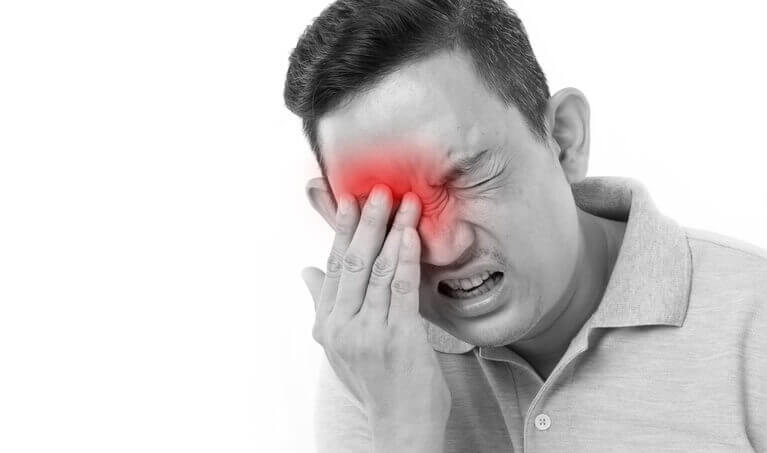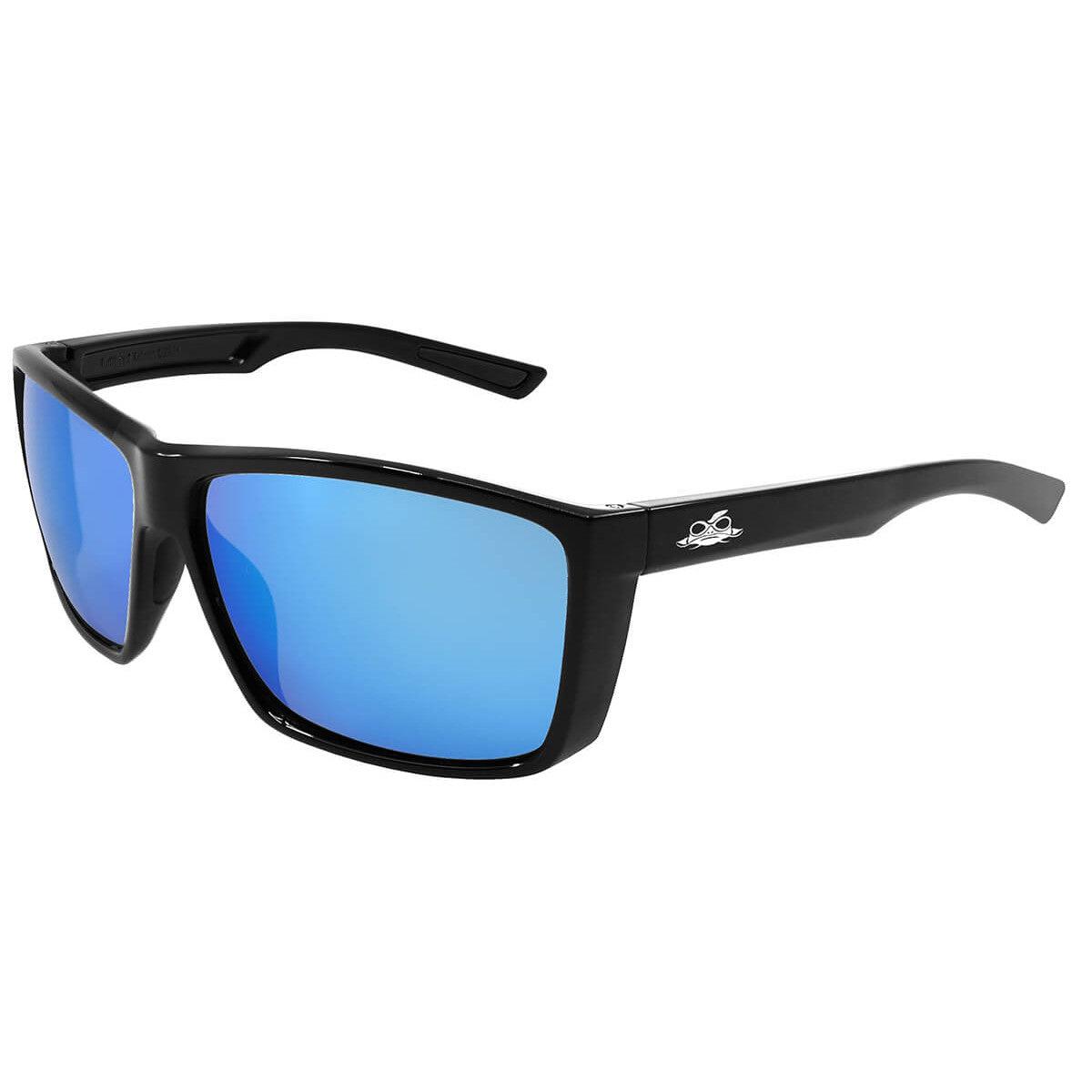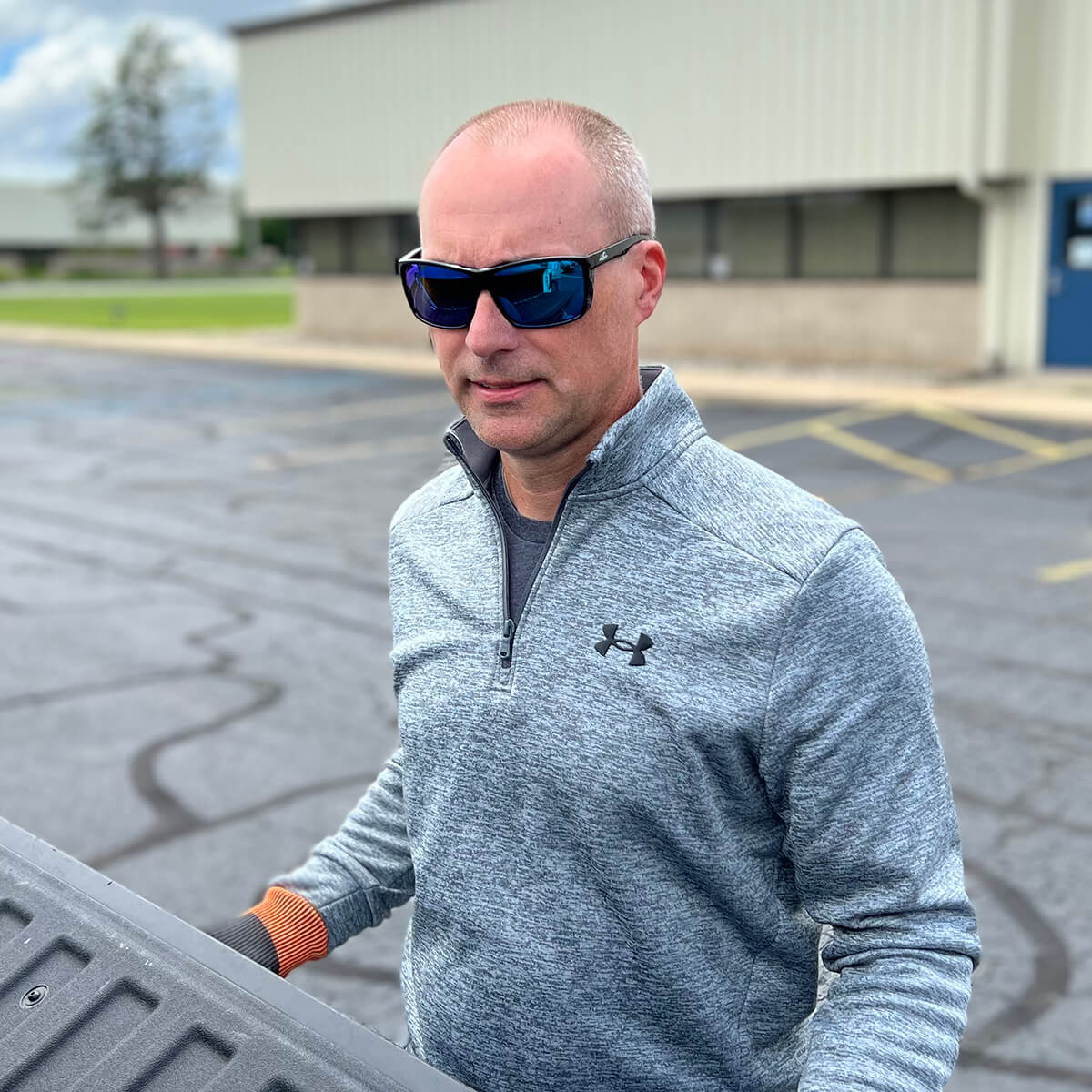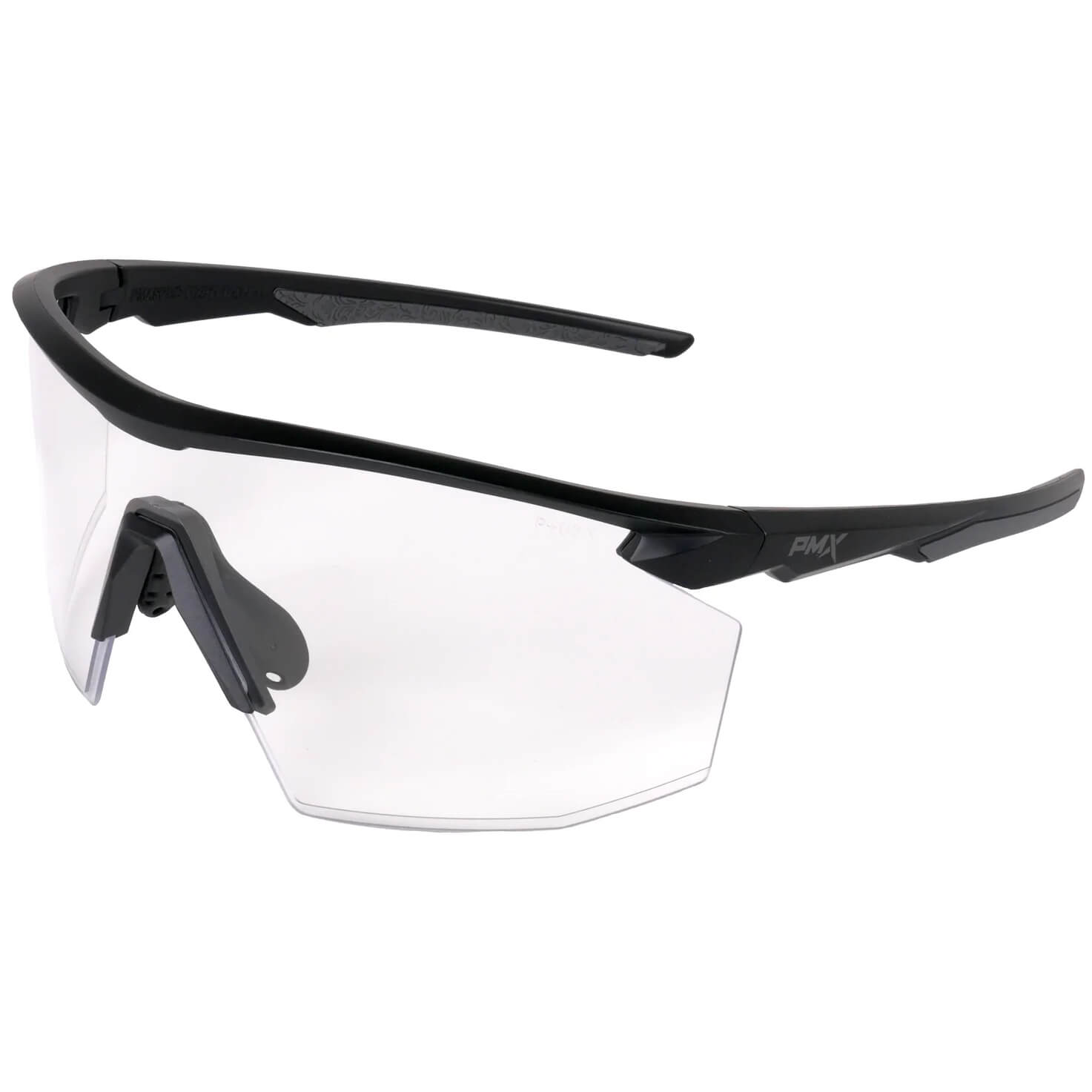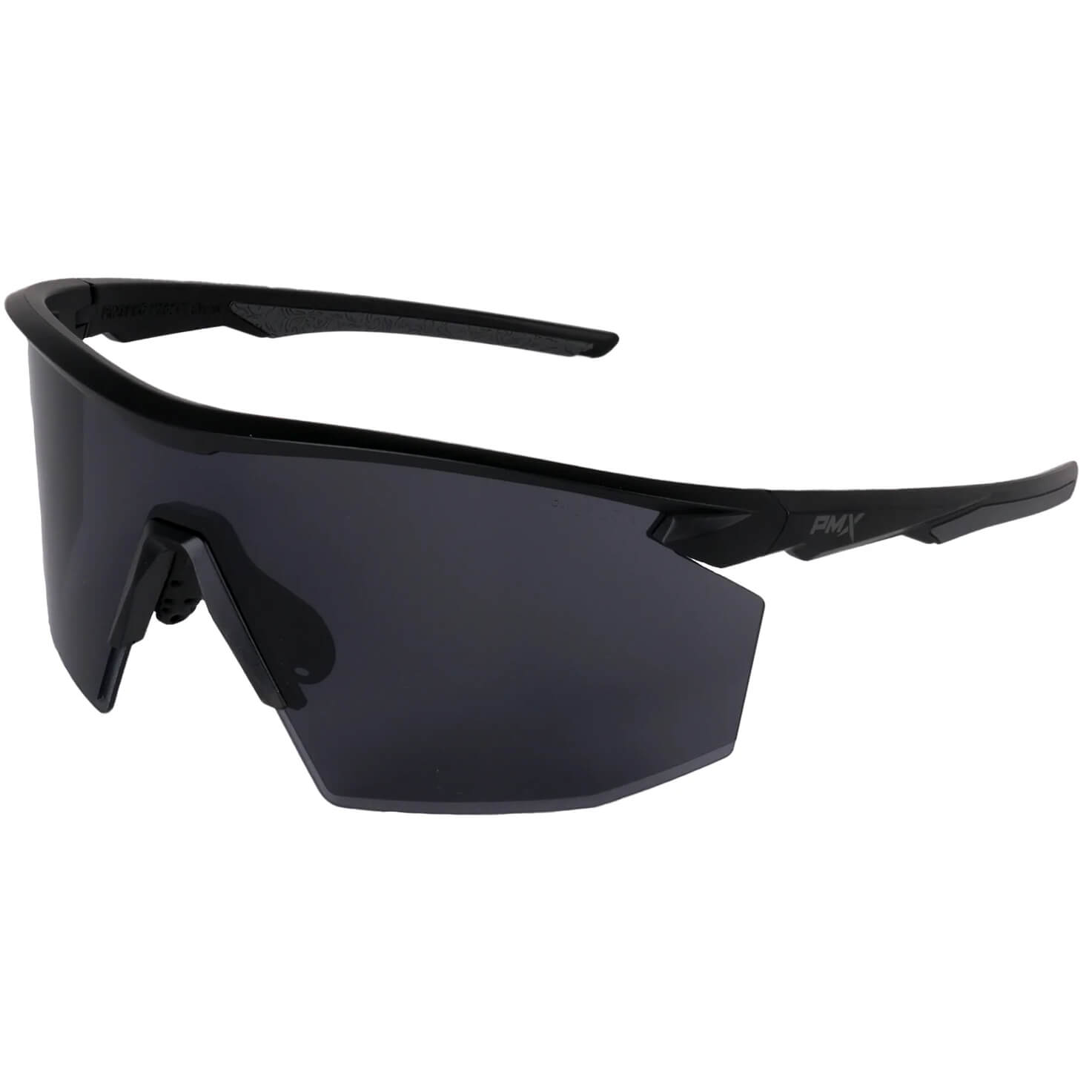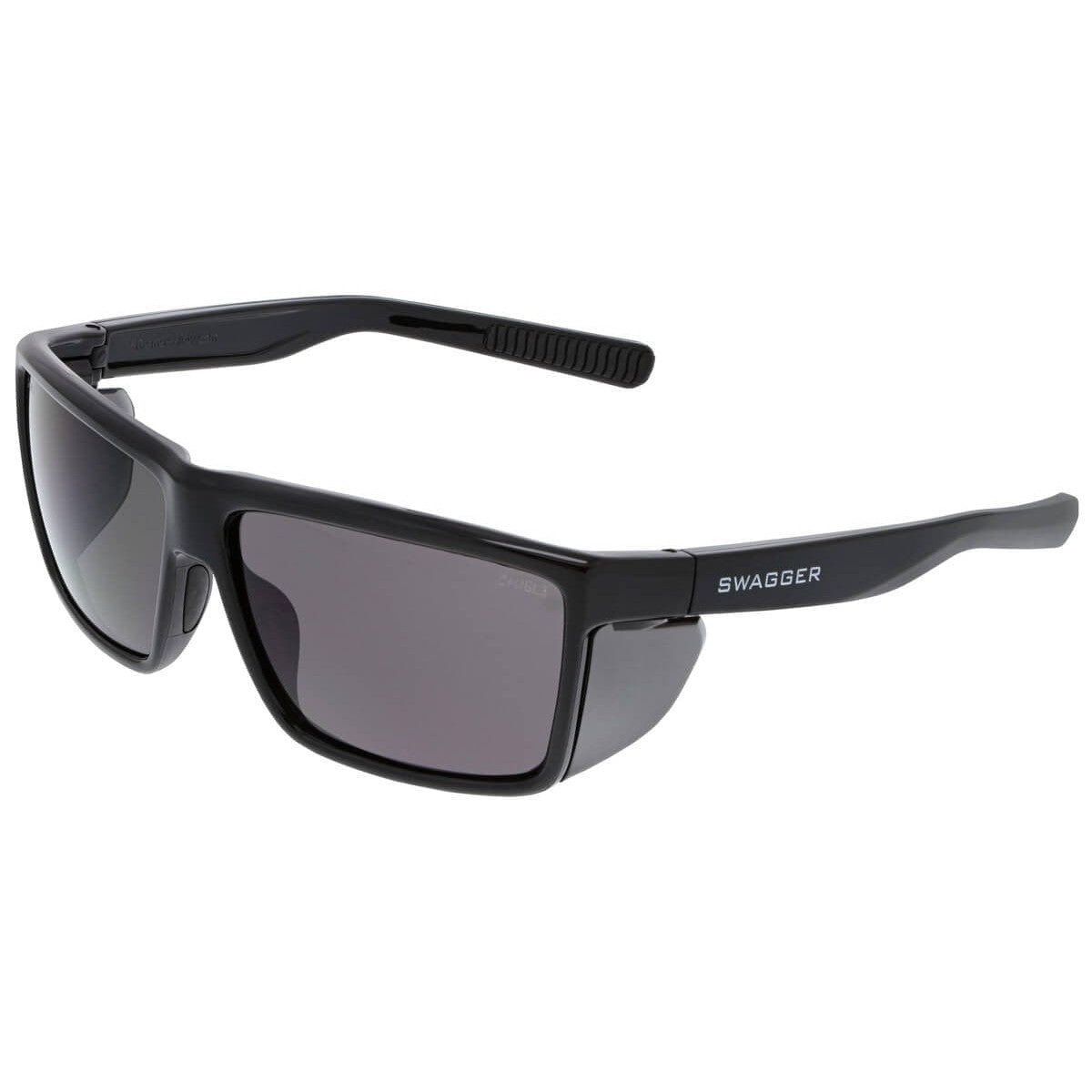An Eye Infection Story
My husband got a piece of debris in his eye below his contact one Friday evening, and he rubbed his eye to get it out. Debris immediately came out, and his eye then felt fine. On Sunday afternoon, his eye started to burn, so he removed his contacts. Again, immediate relief.
Later that evening, his eye began to hurt quite badly, especially when he closed it. He finally realized he should wash his eye out to remove any remaining debris. At some point, his eye began to produce a thick, pus-like liquid.
His eye felt better when he went to bed and still when he woke up. But it started to hurt again when he put his contacts in, so he wore his glasses instead. He decided to go to the walk-in clinic on the way to work.
The doctor said my husband scratched his pupil — had a corneal abrasion — in several places, and contracted an infection as a result. The doctor gave my husband steroids and eye drops and told him not to wear his contacts until two days after the eye did not hurt at all, which ended up being about a week after the irritation began.
Eye Infection Lessons
Lesson #1: Wash Out – Don’t Rub – Your Eye
My husband now believes that rubbing his eye caused the scratches that eventually led to the infection. In hindsight, he realizes he should have immediately removed his contacts and washed out his eye. Had he done so, he feels he would have avoided the painful infection. The experts at All About Vision agree.
“Many corneal abrasions aren’t caused by a noticeable traumatic event, such as getting poked in the eye. Sand, dust and other small particles can cause a corneal abrasion as well, especially if you rub your eyes.”
Washing the eye certainly brought relief for my husband, and rubbing it was a definite mistake. He used tap water, but he should have instead used the solution he uses to rinse and store his contacts. Again, All About Vision’s experts agree.
“If possible, rinse your eye with a sterile saline eye wash or a multipurpose contact lens solution rather than tap water or bottled water. Microorganisms… have been found in tap water and even bottled water, and these pathogens can cause a serious, vision-threatening infection if introduced to an eye with a scratched cornea.”
It’s also worth considering having eye wash available around the house, like many workplaces do, for just such an occasion.
If possible, rinse your eye with a sterile saline eye wash or a multipurpose contact lens solution rather than tap water or bottled water.
Lesson #2: Go to the Doctor
What my husband did right is to go to the doctor as soon as possible after realizing the irritation was developing into something significant (i.e. the pus developed). Had he waited, the infection could have easily gotten worse and led to far more serious problems.
Most corneal abrasions recover fully without any permanent damage. However, deep abrasions and ones that occur in the center of the cornea can cause vision problems. In addition, untreated corneal abrasions can lead to a corneal ulcer, which can cause severe vision loss.
Especially because of the pus in his eye and the continued irritation even after two full days, going to the doctor was a smart move on my husband’s part. He has since made a full recovery and avoided any long-term effects of the corneal abrasion.
Lesson #3: Wear Safety Eyewear
Though he’s not sure what he got into his eye or when it happened, my husband admits he should wear his safety eyewear more often. While not necessary for every activity, he understands that some of what he did that Friday evening could have led to him getting the small pieces of debris in his eye.
Because even a dust particle can cause a corneal abrasion, they are sometimes impossible to avoid. However, wearing safety eyewear in dusty and other obviously hazardous environments will prevent up to 90% of serious eye injury.
Eye Infection Awareness
Looking back on this experience, my husband learned some valuable lessons about how and why to avoid eye infection. He now not only has more awareness of why he should wear safety eyewear, but he also knows how to better treat his eyes should something similar happen again. Lessons he hopes you take to heart as well.

